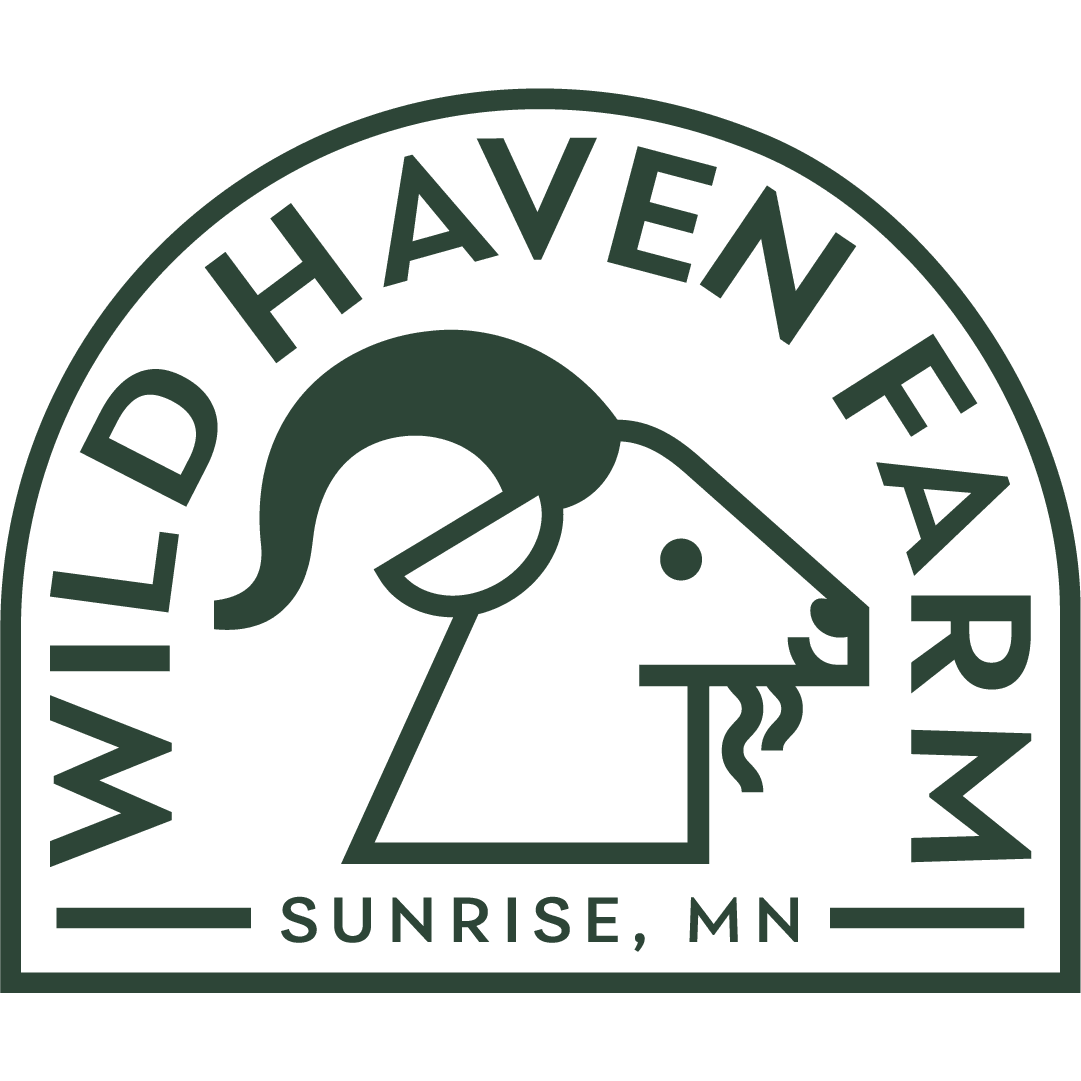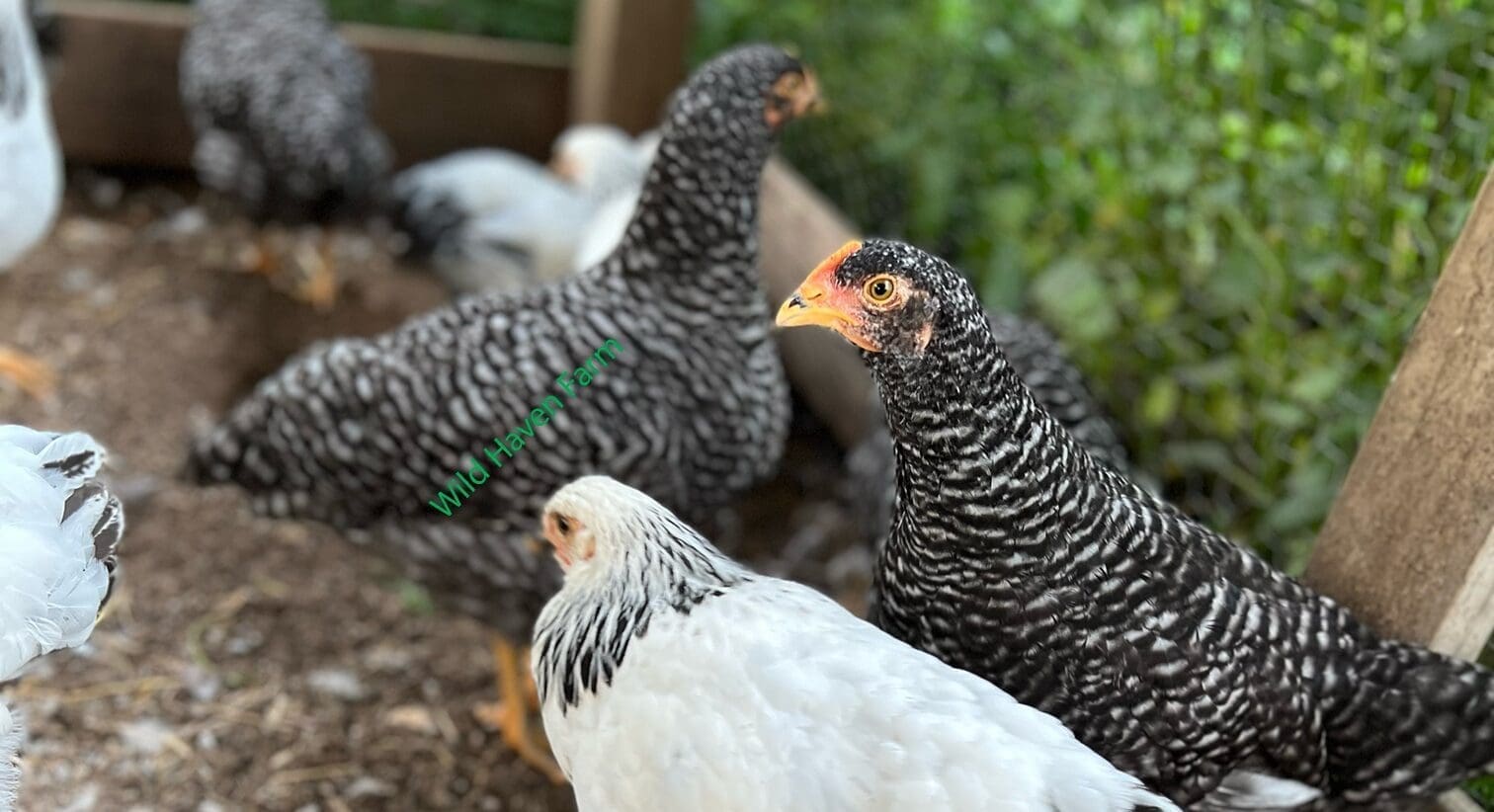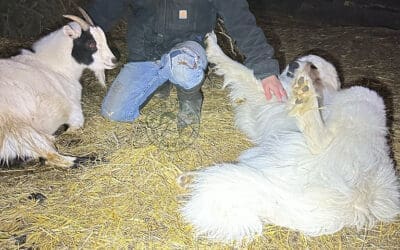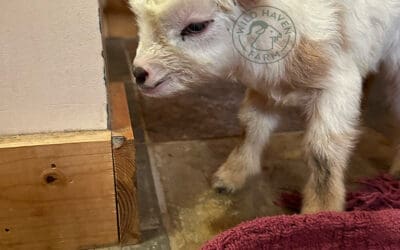We are often asked the difference between a broiler and a fryer. There isn’t one. But, even so, the terms used for poultry can be a bit confusing. The USDA has standard terms for all poultry. But these are problematic when it comes to pasture-raised heritage birds. For example, the USDA says that a broiler/fryer is “a chicken younger than 10 weeks old (previously younger than 13 weeks), of either sex, that is tender-meated with soft, pliable, smooth-textured skin and flexible breastbone cartilage.”
Almost all chicken you buy in the store will be the Cornish Cross breed which is processed at 8-9 weeks. However, dual purpose heritage breeds often take 20 weeks to reach maturity. The Cornish Cross was engineered to put on a ridiculously natural amount of weight in half the time. By the USDA definitions heritage birds would normally never be available as broilers.
Our terminology at Wild Haven Farm is simple. A meat bird is either a broiler or a roaster. Broilers are the meat birds raised on pasture to maturity at 20 weeks. Roasters are usually just available on our dinner table. A roaster is an older bird and is usually one of our retired layers.
The USDA definitions here are taken from a USDA blog post about the new classifications in 2011.
“Broiler or fryer: a chicken younger than 10 weeks old (previously younger than 13 weeks), of either sex, that is tender-meated with soft, pliable, smooth-textured skin and flexible breastbone cartilage.”
“Roaster or roasting chicken: a young chicken between eight and 12 weeks old (previously three to five months old), of either sex, with a ready-to-cook carcass weight of five pounds or more, that is tender-meated with soft, pliable, smooth-textured skin and breastbone cartilage that is somewhat less flexible than that of a broiler or fryer.”




